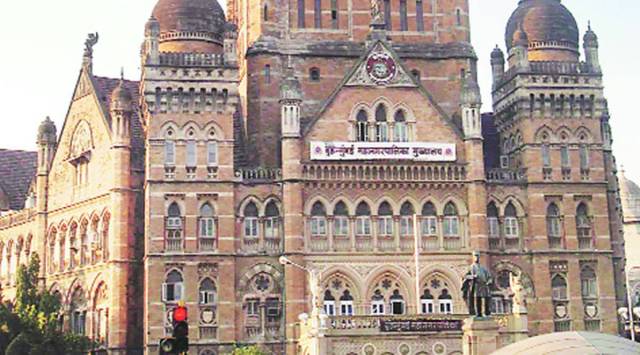Bihar, Tripura may adopt BMC’s UTWT method for pothole-free, durable roads
In an interaction organised by National Rural Infrastructure Development Agency (NRIDA) on Monday, the governments of the two states said they will consider the UTWT method for further road works.
 The UTWT method was developed by BMC road engineer Vishal Thombare in 2010 during his Phd research at Indian Institute of Technology (IIT-Mumbai). (File)
The UTWT method was developed by BMC road engineer Vishal Thombare in 2010 during his Phd research at Indian Institute of Technology (IIT-Mumbai). (File)The Brihanmumbai Municipal Corporation’s (BMC) Ultra-Thin White-Topping (UTWT) method for pothole-free and durable roads is likely to be used in Bihar and Tripura for road construction under Pradhanmantri Gram Sadak Yojana (PMGSY). In an interaction organised by National Rural Infrastructure Development Agency (NRIDA) on Monday, the governments of the two states said they will consider the UTWT method for further road works.
The UTWT method was developed by BMC road engineer Vishal Thombare in 2010 during his Phd research at Indian Institute of Technology (IIT-Mumbai). Thombare, who is now an executive engineer in Roads and Traffic department, has completed his Phd in ‘Analysis, Evaluation and Construction of Thin White Topping for Rehabilitation of Flexible Pavements’.
Thombare made a presentation on the method on February 14 at a webinar where he was invited by PMGSY officials. Officials from Bihar and Tripura state showed keen interest in the method and said that they will use it in upcoming road projects.
“The state officials asked for guidance on the UTWT method. This technology is helpful in making durable roads and the road can be constructed without excavation,” said Thombare. The UTWT method involves layering of cold-mix asphalt used to fill potholes with best-quality concrete (around six inches in thickness). The layer is less porous and develops high strength within 72 hours.
The road developed with UTWT is said to be durable for at least 15 years without the need for a lot of maintenance. Apart from Mumbai, UTWT method is used in cities like Thane, Nagpur, Nashik and other states including Gujarat, Chennai and Rajasthan.







